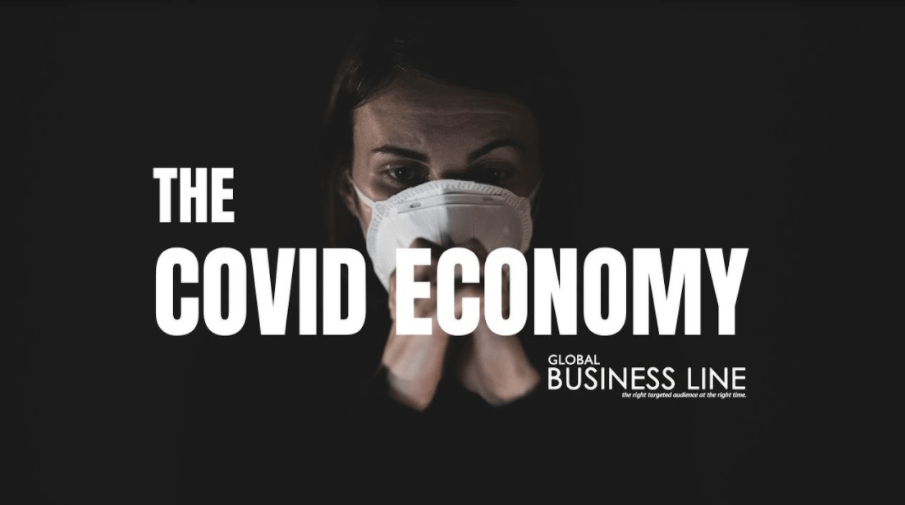COVID-19 has brought a revolutionary change in the whole world. It has created a severe impact on the global economy and pushed it towards the worst recession that the world has seen ever. As per the report, it is not yet clear when the full recovery will take place.
Recently, the progress on COVID vaccines has revivified the economic outlook, but a few economists stated that the slow rollout of the vaccine among the developing economies will affect the return of activity. According to the economist, renewed lockdown in Europe will stave off a resurrection in infection but it will set back the economist recovery.
As per Citi economists in early December, “The vaccine discovery is a shot in the arm, but not until 2022”. They conveyed that in 2021 there will be partly improvement in the global economy. They said, “it’s not hard to be better than 2020.”
Steep Decline in activity
The rapid spread of Coronavirus from China to different parts of the world has forced the countries to go for months of lockdown in 2020 which curtailed the economic activity. Due to this, GDP records the lowest across all the economies. As per the report of the International Monetary Fund, it is found that there could be a shrink of 4.4% this year before it grows to 5.2% in 2021. The IMF stated that the world economy has started to recover in such a situation the return of pre-pandemic can set a major setback which will be “long, uneven, and uncertain.”
Travel restriction remains
The prime feature of coronavirus lockdown is the whole or partial closure of borders, which has brought international travel to halt. As per the United Nations World Tourism Organization report, in early November around 150 countries and union territories have eased the travel restriction.
Restrictions in International travel
Though some travel restrictions were eased, many restrictions remained in place, as per UNWTO report. This includes-
- Borders opened to certain visitors with specific nationalities or from a certain destination;
- Visitors need to present the negative COVID test report before allowing them to enter the country;
- Upon arrival, visitors are required to quarantine.
Increase in Job losses
Global pandemic created greater economic losses and also there is a huge rise in job losses globally. The Organization for Economic Co-operation and Development, an intergovernmental entity exclaimed that in several countries, the effect of the COVID-19 on the labor market was “ten times larger than that observed in the first months of the 2008 global financial crisis.”
The OECD stated in a report “Vulnerable workers are bearing the brunt of the crisis. Low-paid workers have been key to ensure the continuation of essential services during lockdowns, often at substantial risk of exposing themselves to the virus while working,” “They have also suffered greater job or income losses.”
Government debt soars
In October the IMF stated, governments have increased outlay for protecting jobs and supporting the workers. Worldwide, the government has adopted several measures to resist the pandemic’s economic blow totaled $12 trillion. The Fund said, that such strategies have pushed the public debt to an all-time high and the government must not withdraw the fiscal support soon.
IMF stated, “With many workers still unemployed, small businesses struggling, and 80?90 million people likely to fall into extreme poverty in 2020 as a result of the pandemic — even after additional social assistance — it is too early for governments to remove the exceptional support.”
Steps adapted by Central banks
Central banks have supported the economy by curtailing the rate of interest and many record low levels which is helping the government in managing the debt. The U.S. Federal Reserve adopted several policies that affect the worldwide economies, reduces the interest rates to zero, and committed to not raising till inflation exceeds its 2% target. The Fed and European Central Bank have now amplified the assets purchased for adding more money into the financial system. In the emerging markets, central banks have adapted several supportive measures to deal with this tough situation.




